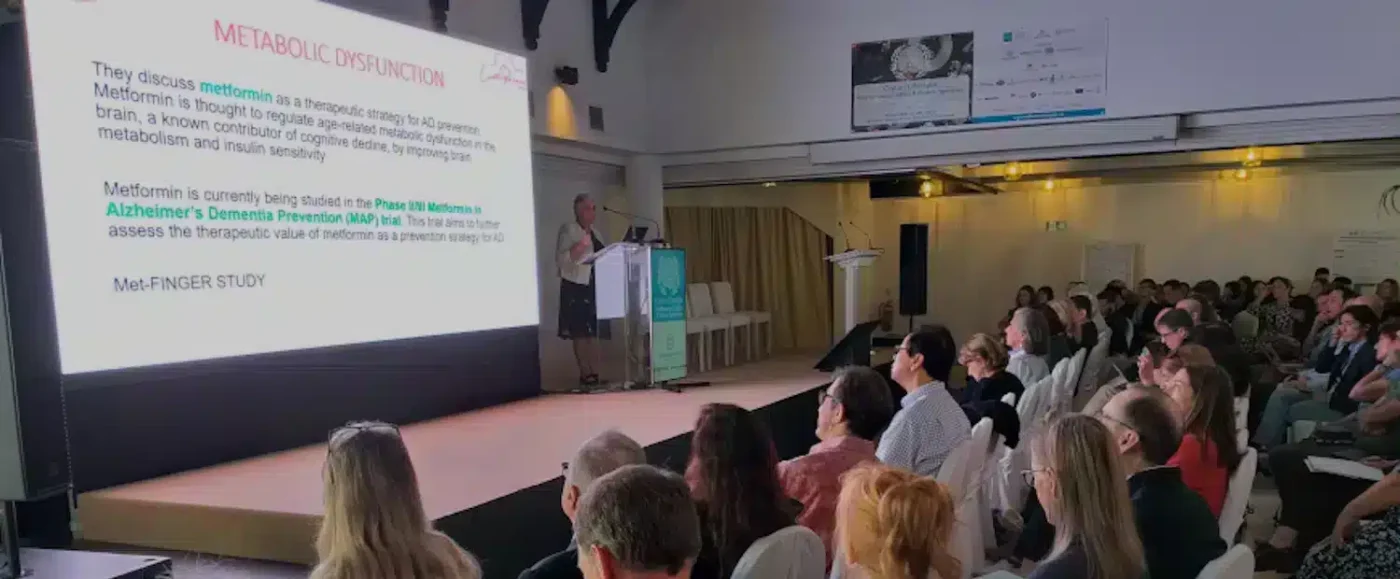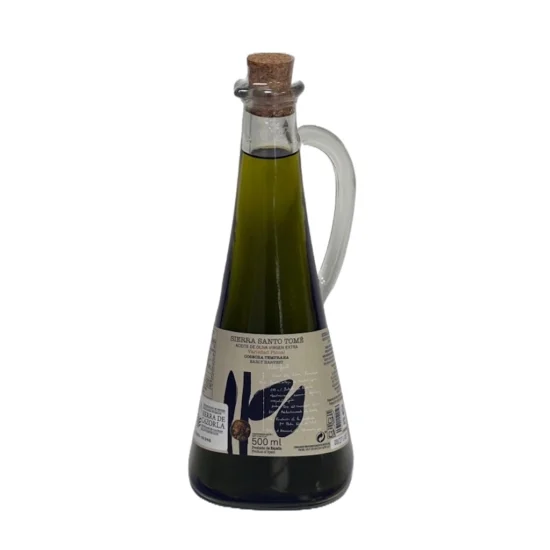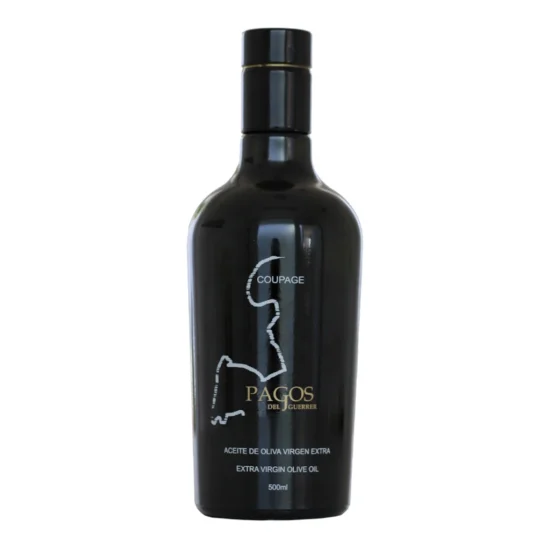
At the Crete Lifestyle Conference in Rethymno, Crete, in November, Dr. Magda Tsolaki shared several types of clinical trial evidence to support her claim that extra virgin olive oil is “more promising than any medication being studied or already tested” for the prevention of Alzheimer’s disease, in addition to being safe.
Unlike medications studied in clinical trials, extra virgin olive oil (EVOO) has been used safely for thousands of years. Unlike drugs recently approved by the U.S. Food and Drug Administration (FDA), Tsolaki noted, EVOO has no serious side effects, and patients with mild cognitive impairment (MCI, which precedes full-blown Alzheimer’s) improved. So why isn’t extra virgin olive oil used to help prevent Alzheimer’s? There hasn’t been sufficient evidence that it can. However, Magda Tsolaki, MD, PhD, neuropsychiatrist, president of the Panhellenic Alzheimer’s Federation, professor emeritus of Neurology, and coordinator of the Neurodegenerative Diseases Laboratory at the Aristotle University of Thessaloniki, Greece, has spent ten years gathering such evidence: and EVOO’s time as an Alzheimer’s preventative may be coming.
Larger clinical trials are needed to ensure the early clinical results can be reproduced, but Tsolaki believes EVOO is now the best option for patients to prevent, and even slow, a disease that still has no cure. (However, patients should always consult their doctors before making any changes to their treatments; this article should not be considered medical advice.)
As Tsolaki explained, there is no drug on the market that appears to help prevent Alzheimer’s disease more than EVOO. In small clinical studies, she has seen cognitive improvement after one year on olive oil, but Tsolaki reported that in her clinical trials, lecanemab (an FDA-approved drug for the early treatment of Alzheimer’s) only managed to slow the progression of the disease, not make any improvements.
Lecanemab may also have potentially serious side effects: it has been associated with edema (fluid buildup) and hemorrhage (bleeding) in the brain. There may be an increased risk of these side effects in certain patients, and the drug is not expected to help others. Tsolaki reported that this makes it inappropriate for the majority of Alzheimer’s patients who are AOE ε4 carriers (around 65%) to use Lecanemab.
To support his claims, Tsolaki presented a talk titled “Evidence for Olive Oil Supplementation as a Dementia Prevention Strategy” at the Crete Lifestyle Conference. He began by discussing a recent review article describing drugs now being studied for their ability to combat seven different “mechanisms” of Alzheimer’s disease (AD), or the reasons why symptoms occur (such as inflammation and oxidative stress).
While several of the drugs he mentioned offer some hope, many studies on them have not yet shown results, “so we will have to wait a long time to get an answer on their efficacy,” Tsolaki explained. For this reason, and because Alzheimer’s drugs can have very serious side effects, EVOO may offer a better immediate solution for patients with mild cognitive impairment who need help now.
In his presentation, Tsolaki noted that the FDA-approved drug Lecanemab significantly slowed disease progression from 6 months to 18 months, while reporting that EVOO’s MICOIL clinical trial showed real improvement on three scales (it didn’t just slow disease progression), with no side effects after one year.
As explained in detail in eight scientific articles in the Journal of Alzheimer’s Disease, as well as Experimental Gerontology and also GSC Advanced Research and Reviews in 2020 and 2021, the MICOIL study provided many different types of evidence (both in clinical and laboratory outcomes). that EVOO containing moderate to high amounts of natural phenolic compounds helped the patientsPatients with mild cognitive impairment remained or even returned to a better, more normal cognitive state, while a control group progressed toward Alzheimer’s disease over 12 months. The MICOIL researchers were considering the stage of mild cognitive impairment, but Tsolaki hypothesizes that if someone has entered dementia, EVOO is likely to slow its progression. As explained in her presentation, Tsolaki’s research team believes there are many reasons why EVOO has this positive effect on the brain; the easiest for non-scientists to understand is the established link between Alzheimer’s and chronic inflammation, on the one hand, and the well-known anti-inflammatory effects of the olive oil components oleuropein and hydroxytyrosol, on the other. The neuroprotective, blood-thinning, and antioxidant properties of extra virgin olive oil also contribute to its ability to fight Alzheimer’s. As one of Tsolaki’s articles notes, with regular use, EVOO also offers anti-atherosclerotic, anti-cancer, and antimicrobial properties.
Since larger clinical trials are needed to provide stronger evidence that EVOO can help Alzheimer’s patients, Tsolaki and his team continued their research with a new clinical trial. In the new trial, 100 patients with mild cognitive impairment regularly consumed early harvest, high-phenolic EVOO while following the Mediterranean diet, and another 100 patients simply followed the Mediterranean diet, using small amounts of supermarket-bought olive oil. The goal was to examine whether high-phenolic extra virgin olive oil can halt all the processes that lead to Alzheimer’s, including the underlying causes (or “pathogenetic mechanisms”) that have recently been discovered to prevent the disease. A statistical analysis of the results is currently underway; A report will be submitted to the New England Journal of Medicine (JAMA) in the near future.
Tsolaki concluded his presentation by suggesting that the best treatment for Alzheimer’s may be a “cocktail” of natural products such as extra virgin olive oil and a combination of exercise, positive thinking, a comfortable environment, and a reduction in vascular risk factors (which include smoking, high blood pressure, high cholesterol, and obesity). He quoted Hippocrates, the ancient Greek “father of medicine,” who said 25 centuries ago: “Prevention is better than treatment” and “Let food be thy medicine and medicine be thy food.”
Tsolaki believes that “olive oil is a medicine, not a food”: an anti-inflammatory medicine, antioxidant, neuroprotective, and anticoagulant. Of course, olive oil has not yet been approved as a medicine to treat any disease, and scientists do not recommend that anyone stop the treatment recommended by their doctor. However, extra virgin olive oil already has official health claims according to the European Food Safety Authority and the US FDA, and there is evidence that it helps prevent or cure numerous diseases.
Companies and organizations interested in offering donations that could help support research on the health benefits of EVOO for Alzheimer’s patients are invited to email Tsolaki: tsolakim1@gmail.com. Additional funding will be needed for larger studies. The results are expected to have far-reaching benefits for millions of people worldwide.
Olive oil has been the subject of numerous studies suggesting health benefits, including protection against neurodegenerative diseases such as Alzheimer’s. First, the monounsaturated fatty acids in olive oil are an important source of oleic acid, a type of monounsaturated fatty acid, which is beneficial for brain health, as it can help reduce inflammation and improve cognitive function. Furthermore, the polyphenols in extra virgin olive oil are antioxidant compounds that can help protect brain cells from damage caused by free radicals and may have protective effects against cognitive decline associated with aging and neurodegenerative diseases. Moreover, olive oil has also been linked to a reduced risk of heart disease, which in turn may haveIt has a positive impact on brain health. Cardiovascular disease can affect blood circulation to the brain, which may increase the risk of dementia.
Finally, some studies have suggested that components of olive oil may have effects on gene expression related to brain health. This could influence the protection and repair of brain cells, as well as other neuroprotective processes.
Importantly, while the evidence is promising, it is important to note that olive oil is not a direct treatment for Alzheimer’s or other neurodegenerative diseases. However, including it as part of a balanced and healthy diet can contribute to overall brain health and help reduce the risk of developing these diseases. It is always advisable to consult a healthcare professional for personalized guidance on the prevention and management of these types of diseases.
Important Note: aceitedelcampo.com promotes the consumption of extra virgin olive oil for its culinary qualities and health benefits. However, no medication or current treatment should be replaced without the guidance of a healthcare professional.




ALZAYT EXPORT SL
info@aceitedelcampo.com
C/ Eduardo Bosca 19, 2-5
46023 Valencia
Subscribe and receive a coupon by email for your next purchase.